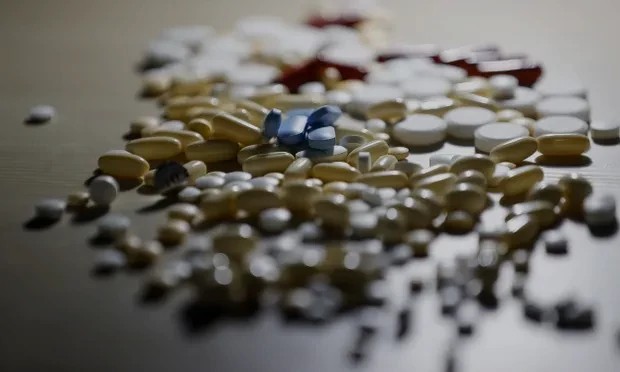Drug companies are giving groups of MPs and peers that campaign on health issues hundreds of thousands of pounds a year in “hidden” funding that could hand them “undue influence”, research has found.
The pharmaceutical industry has built up a “hidden web of policy influence” over dozens of all-party parliamentary groups (APPGs) at Westminster by making hundreds of “non-transparent” payments to them, as part of the industry’s wider effort to lobby those in power, researchers claim.
The findings raise questions about the independence of APPGs, the voluntary special interest cross-party groups of members of both houses of parliament that seek to influence ministers and government departments through reports, inquiries and meetings at Westminster.
Fifty-eight APPGs focusing on different aspects of health received 468 payments totalling just under £2.2m in direct and indirect funding from pharmaceutical firms between 2012 and 2018 [Ed: During Tory rule], academics from the University of Bath found. APPGs receive no money from parliament to support their activities, which often involve ministers being questioned and being sent reports.
“In the context of health-related APPGs, payments from the pharmaceutical industry represent institutional conflicts of interest as they create circumstances where the primary interest, policymaking in the interests of public health, is at risk of being unduly influenced by the secondary interest, the pharmaceutical industry’s goal of maximising profits”, the authors conclude, in a paper published on Thursday evening in the medical journal PLOS One.
Drug companies can use their close relationship with APPGs to:
- Contribute to their inquiries
- Argue for policies that favour their commercial interests
- Have that [commercial interest] reflected in [APPG] reports
All without the public knowing about those links, according to Emily Rickard and Dr Piotr Ozieranski, from Bath University’s department of social and policy sciences.

Comments
No comments yet. Be the first to react!